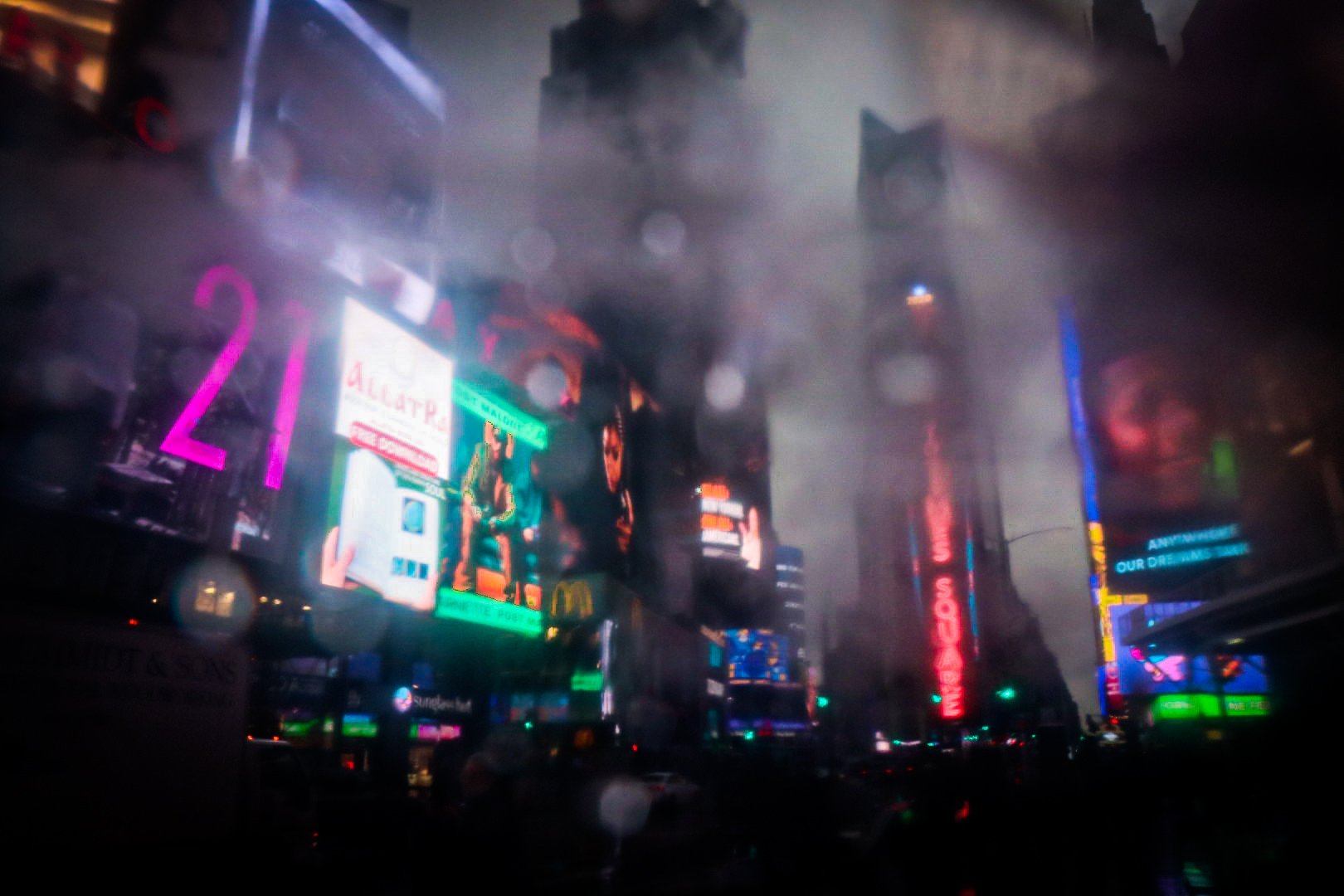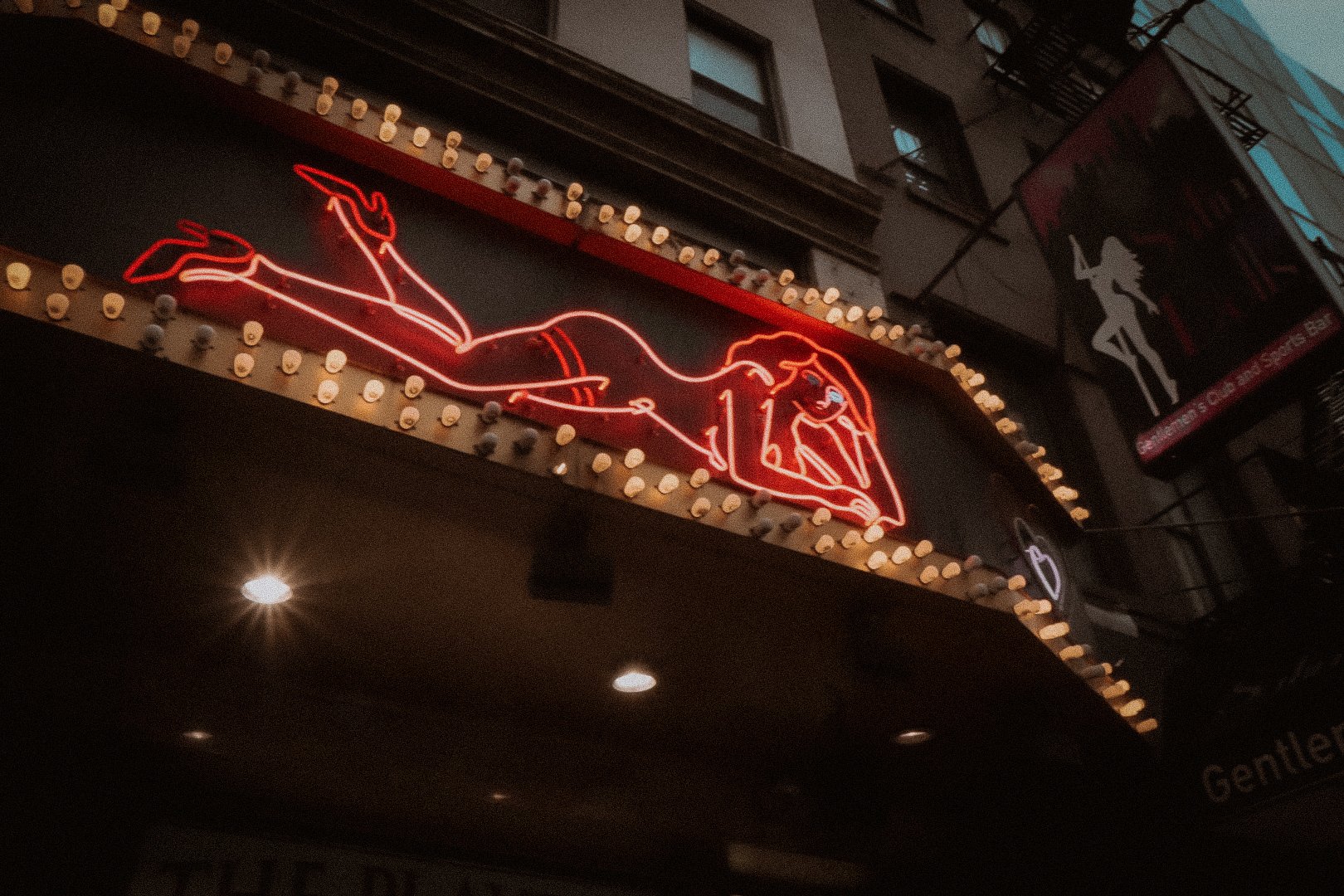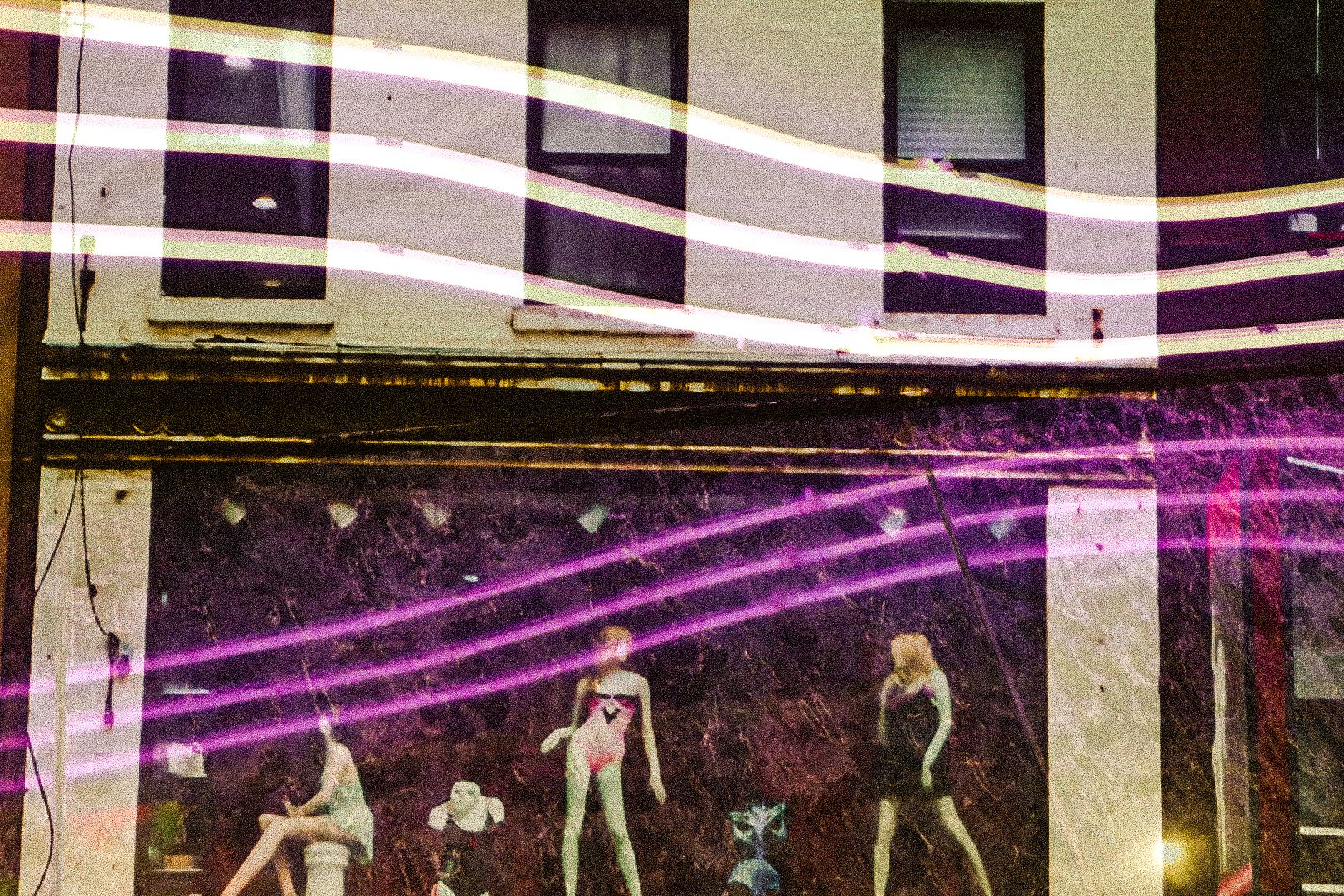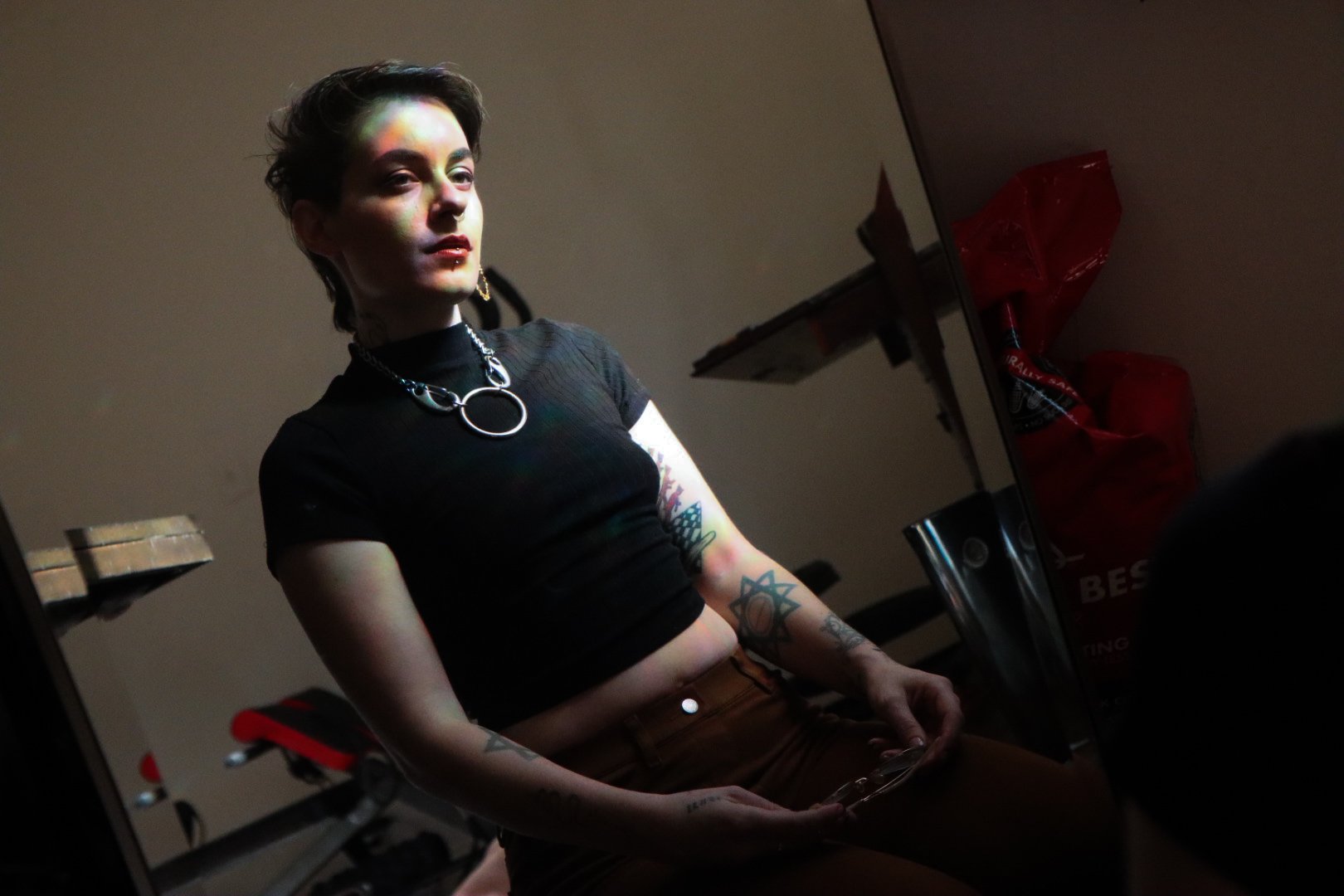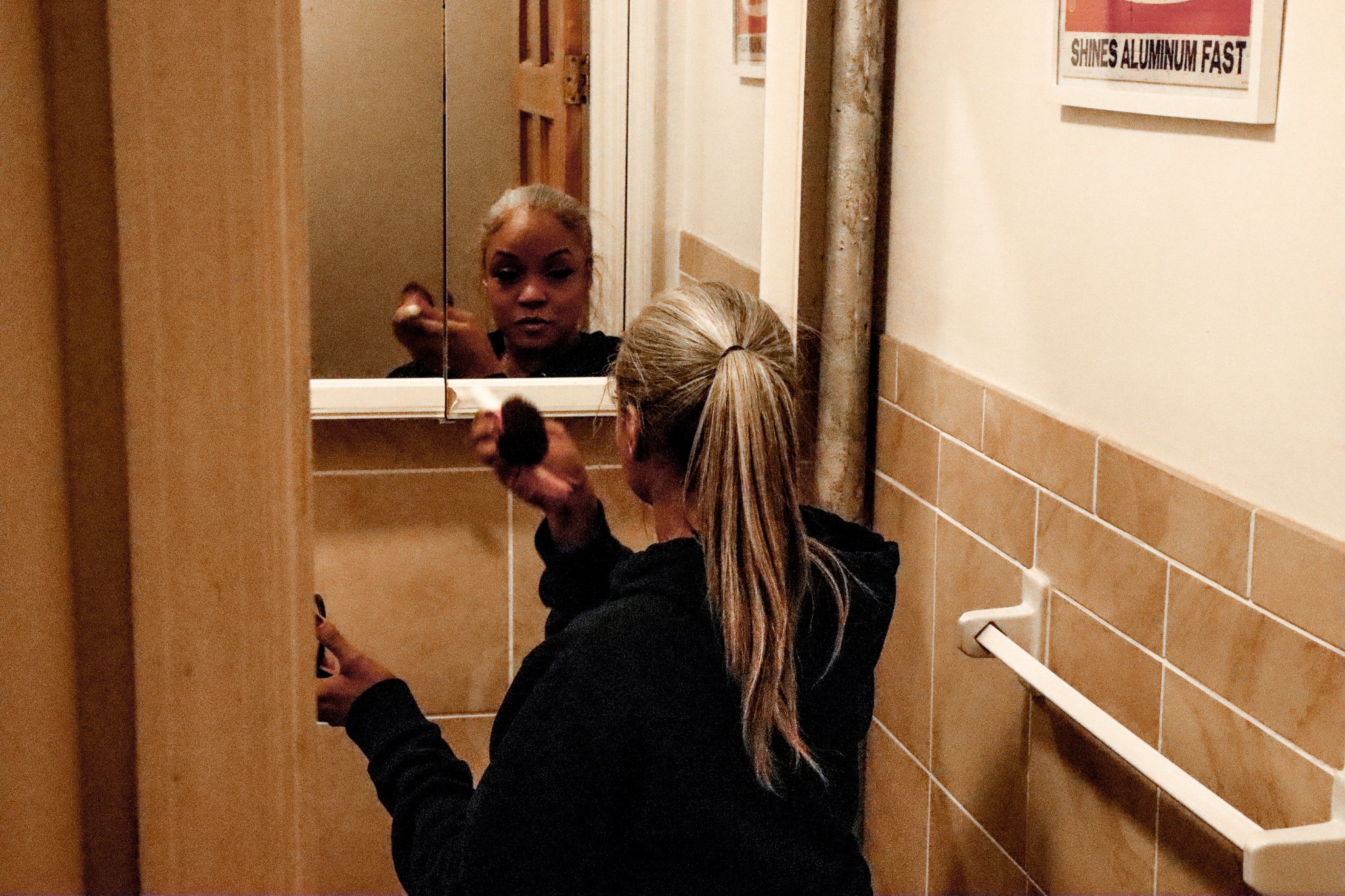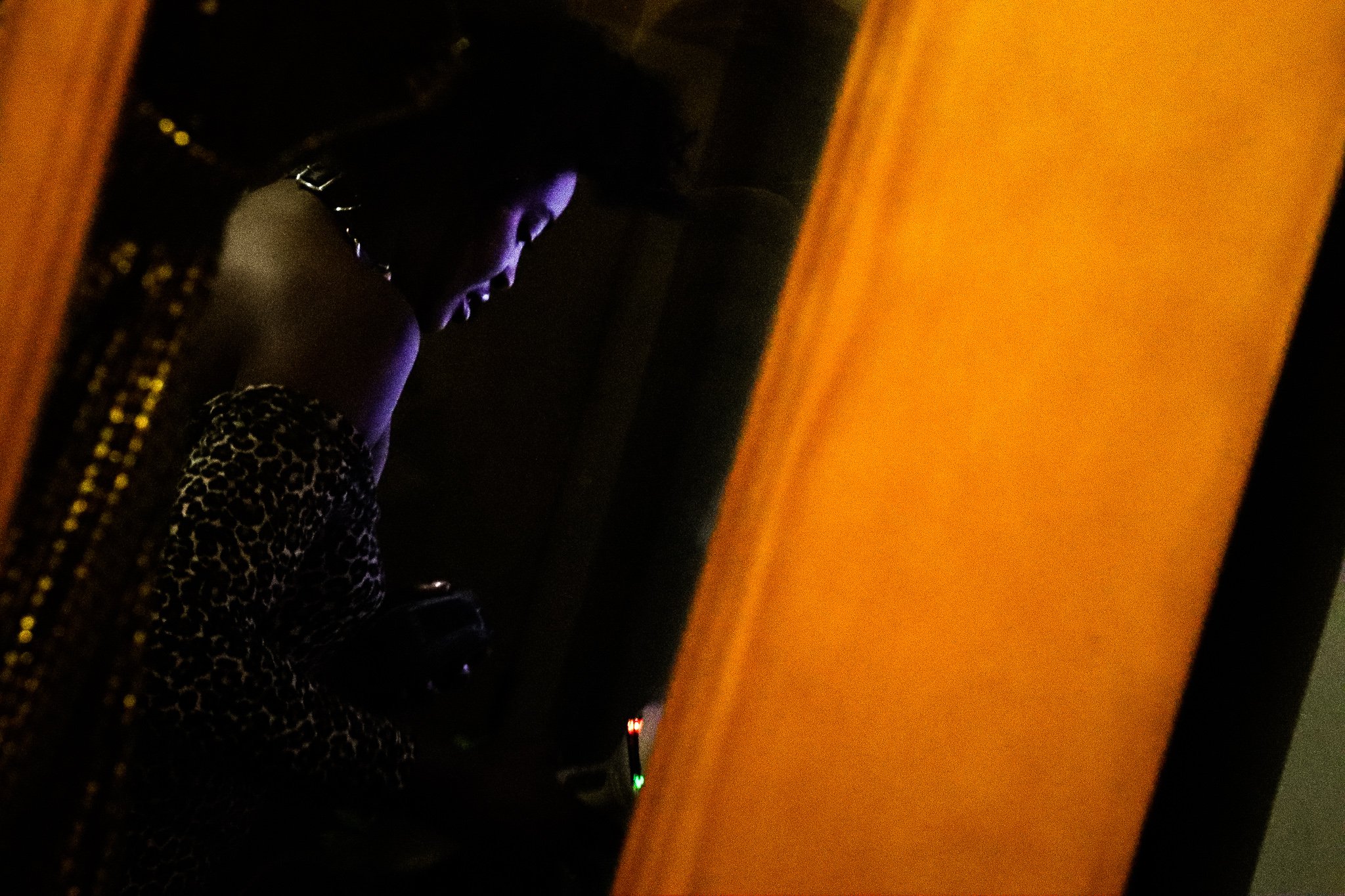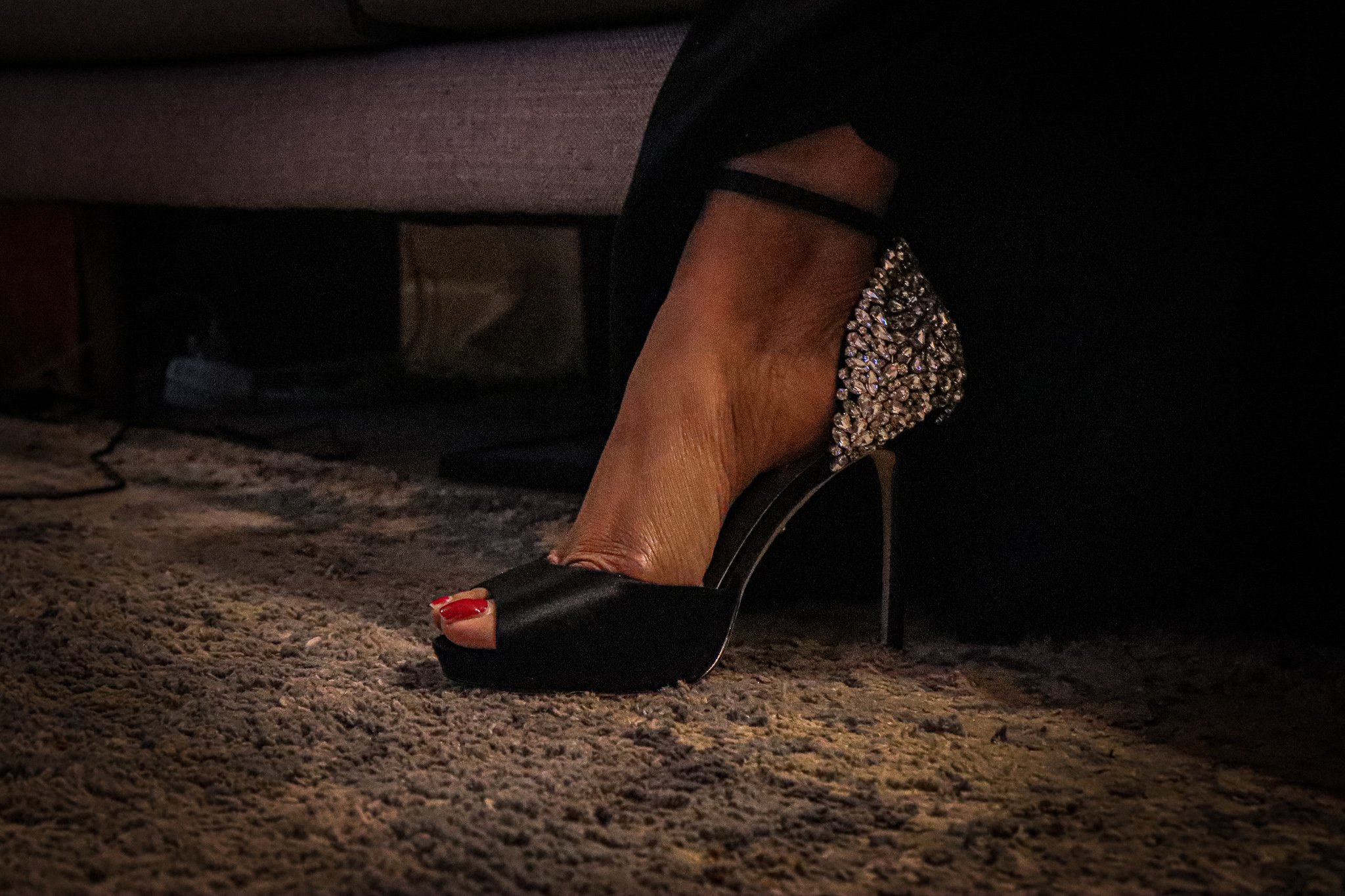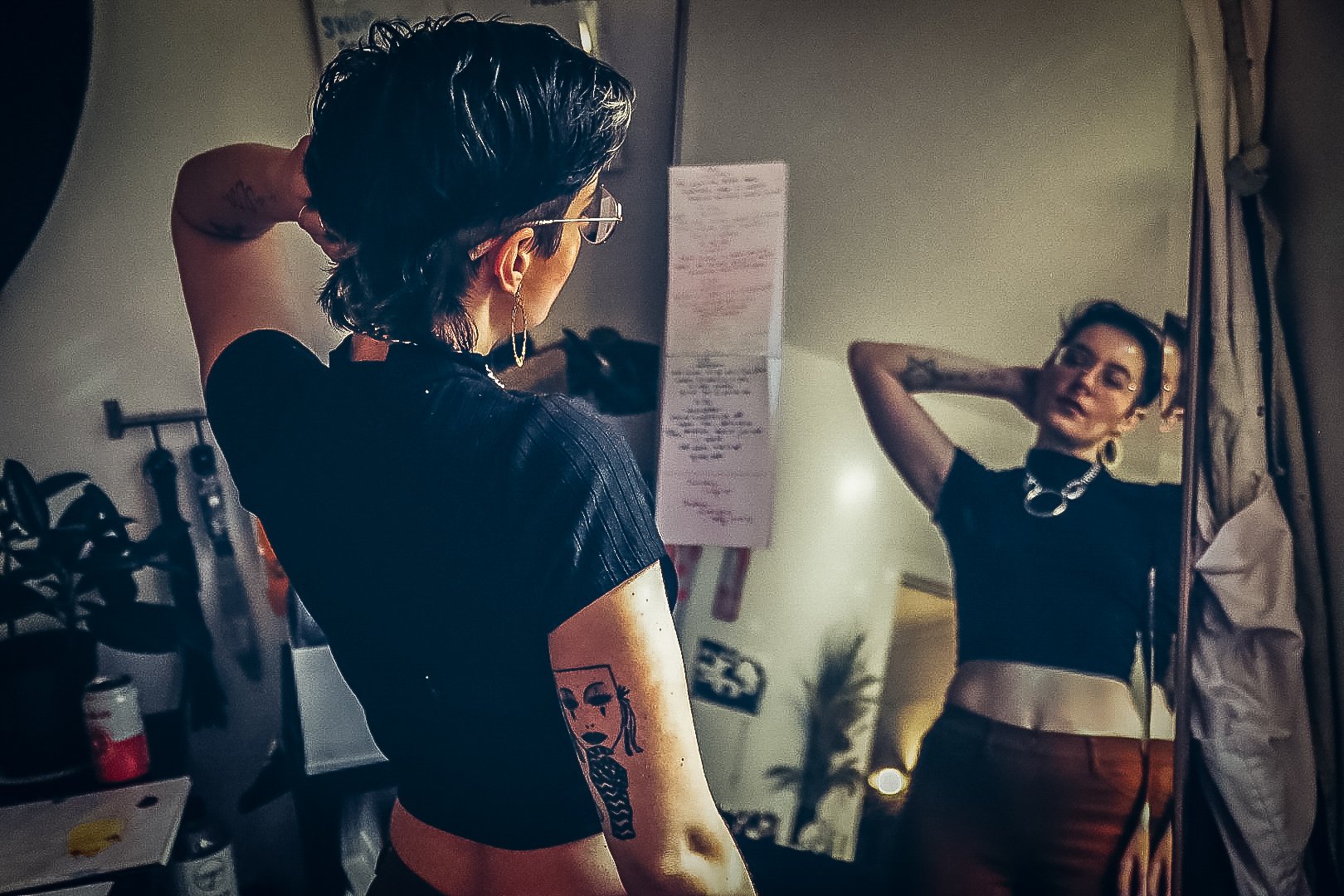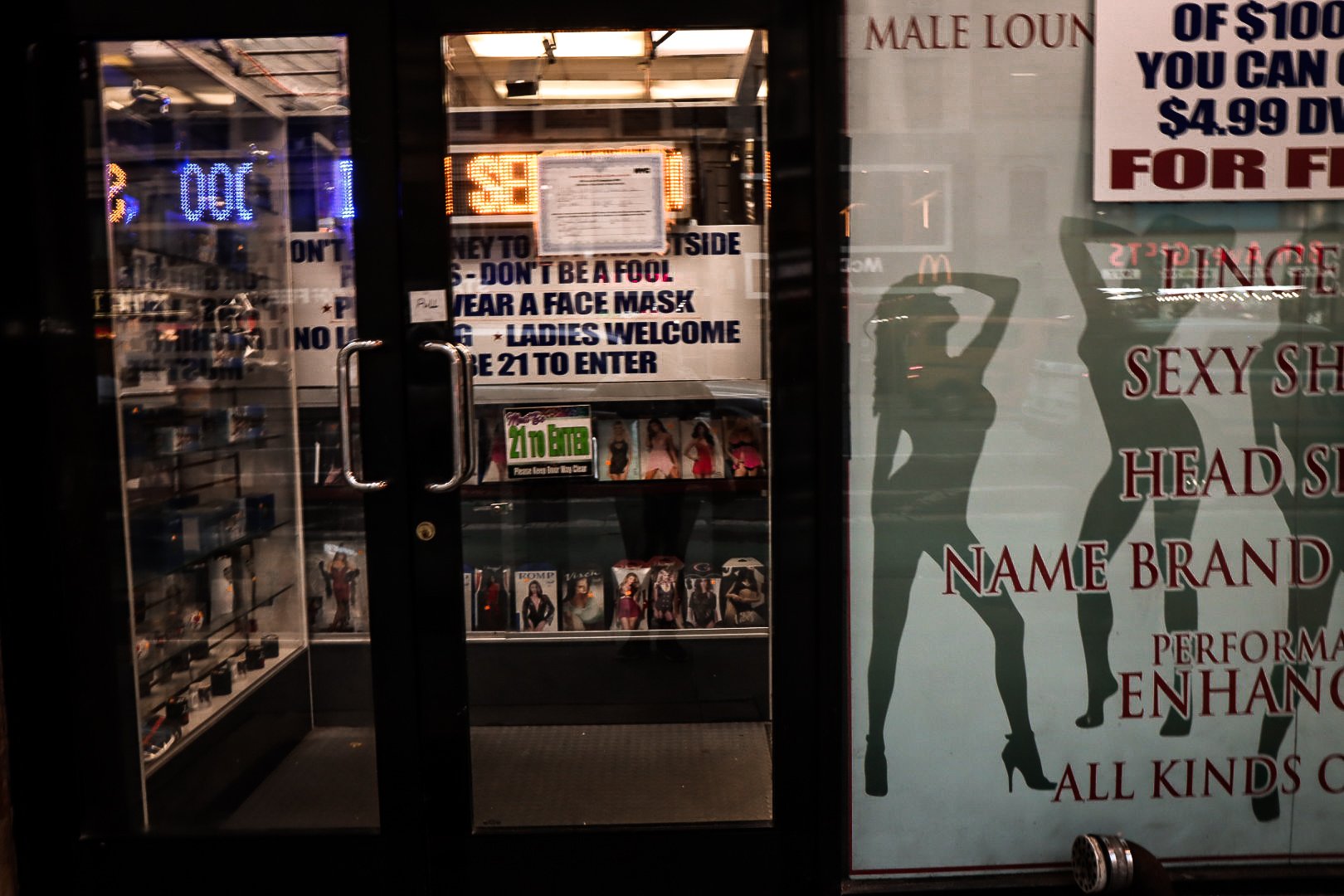SEX WORKERS DURING COVID19 (2020-2021)
This project documents sex workers in New York City during the coronavirus pandemic. Sex work creates its own complications within an already complex system. Still illegal in New York, there have been numerous efforts to decriminalize sex work. Regardless, even reforms have caused additional problems for sex workers. While some sex workers have moved to online platforms, others have continued to weigh the risks by meeting regular clients in person.
TEXT AND REVIEWS
Olivia Riggio, The Indypendent, 2021
EXHIBITIONS
Social Documentary Network, 2022
